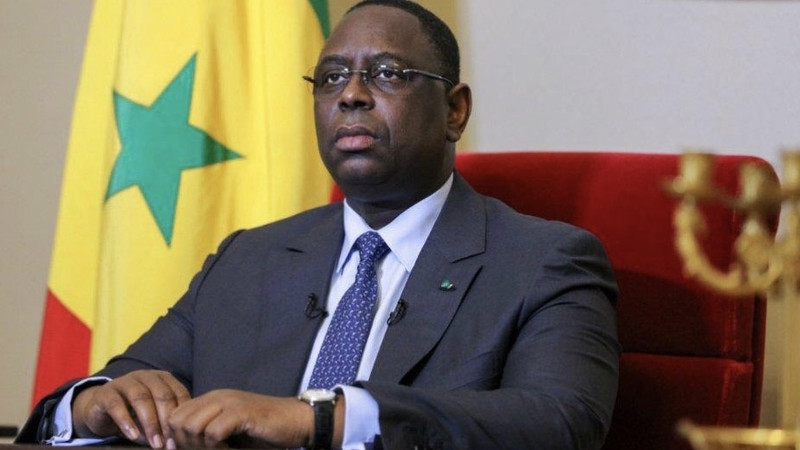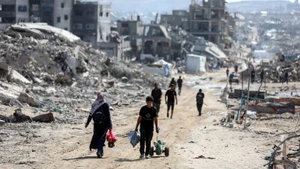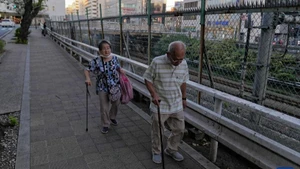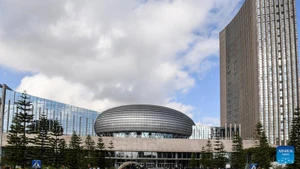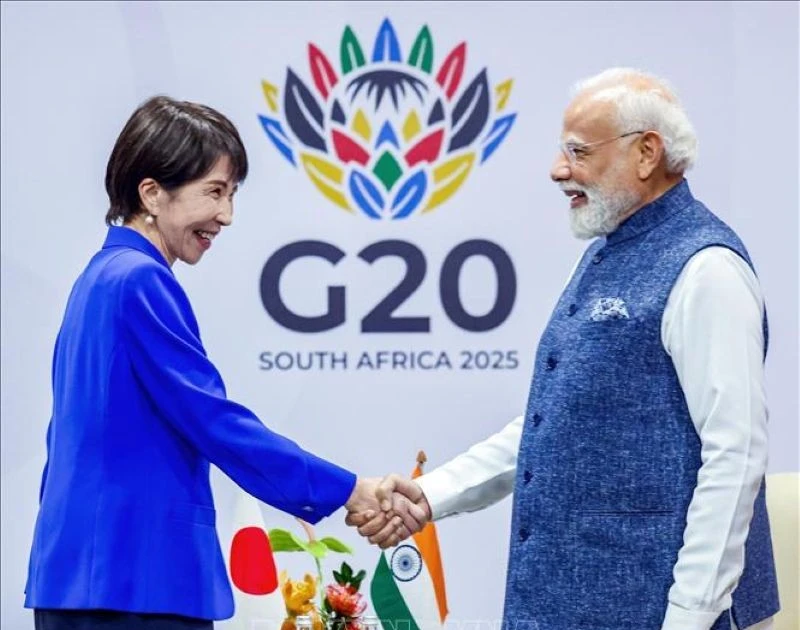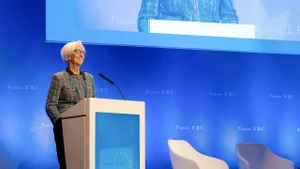The summit was held as the continent was facing a risk of anexacerbated humanitarian crisis due to the socio-economic impacts of the COVID-19 pandemic, natural disasters and armed conflicts. Senegal's President Macky Sall, who currently serves as the rotating AU chair, emphasised that the fate of millions of refugees and internally displaced persons calls for inclusive development, following the principles of social justice.
He said the AU family should be proactive in dealing with humanitarian catastrophes as well as called for launching an appeal in support of the mobilisation campaign for the reinforcement of resources for the African Risk Capacity (ARC) towards better responding to emergencies caused by natural disasters.
During his speech, Moussa Faki Mahamat, chairperson of the AU Commission, stressed the role of collective action against humanitarian emergencies in Africa. He said numeroushumanitarian emergencies in Africa have occurred across a diverse range of geographic areas, including 15 of the most-affected AU member countries with about 113 million people waiting for emergency assistance in 2022.
According to the chairperson of the AU Commission, the humanitarian picture is “further bleakened” by two factors: the annihilation of refugee empowerment efforts due to the impact of the COVID-19 pandemic and the climate change leading to severe effects, from prolonged drought to uncontrollable floods.
Right before the summit, the regions from southern Ethiopia to northern Kenya and Somalia and parts of the Horn of Africa suffered from the worst drought in 40 years according to the assessment of the United Nations, putting 20 million people at risk of starvation. The UN’s World Food Program (WFP) noted that the number of hungry people due to drought on thecontinent could increase from an estimated 14 million today to 20 million by the end of 2022.
Catherine Russell, UNICEF's Executive Director, said that ten million children in Djibouti, Ethiopia, Kenya and Somalia are in need of urgent life-saving support. Russell said in total 1.7 million children are severely malnourished in the Horn of Africa. The lack of clean water was the cause of the increasing risk of disease among children, while hundreds of thousands had dropped out of school, many of them having to travel long distances in search of food and water, she added.
According to the experts, in addition to natural disasters and epidemics, the critical situation in the Horn of Africa has beenexacerbated by the conflict in Ukraine, which has caused food and fuel prices to rise, disrupted global supply chains, and reduced international aid to the sub-region. In order to reduce the burden of poverty for Africa, the UN and international organisations have recently increased aid to African countries.
President of the African Development Bank (AfDB), Akinwumi Adesina, recently said the bank has spent a total of 1.5 billion USD in aid to prevent the food crisis in Africa. According to AfDB, the scheme will benefit 20 million African farmers, who will receive good seeds and the right technology to quickly produce 38 million tonnes of food.
However, the challenge of poverty and humanitarian catastrophe remains serious for African countries when the continent’s economic outlook remains bleak. The African Economic Outlook report 2022 just released by the AfDB, Africa is at risk of falling into slow growth and high inflation due to the prolonged impact of the COVID-19 pandemic and increasingfood and fuel prices related to the conflict in Ukraine.
In 2021, Africa sees economic recovery, with Gross Domestic Product (GDP) growth expected at 6.9 percent. However, AfDB forecasts the real GDP growth of the region to slow to 4.1 percent this year, while the inflation rate climbs to 13.5 percent from 13 percent in 2021. Also, according to the AfDB, Africa's debt-to-GDP ratio this year is around 70%, higher than at pre-COVID-19 levels.
Against this backdrop, the AU Extraordinary Humanitarian Summit called on countries to take urgent action to prevent a humanitarian catastrophe. Through the summit, AU demonstrated its determination to continue efforts to stabilise migrants, displaced persons and other affected groups. However, in addition to the AU, the UN and the international community also need to act to help African countries soon escape poverty.
